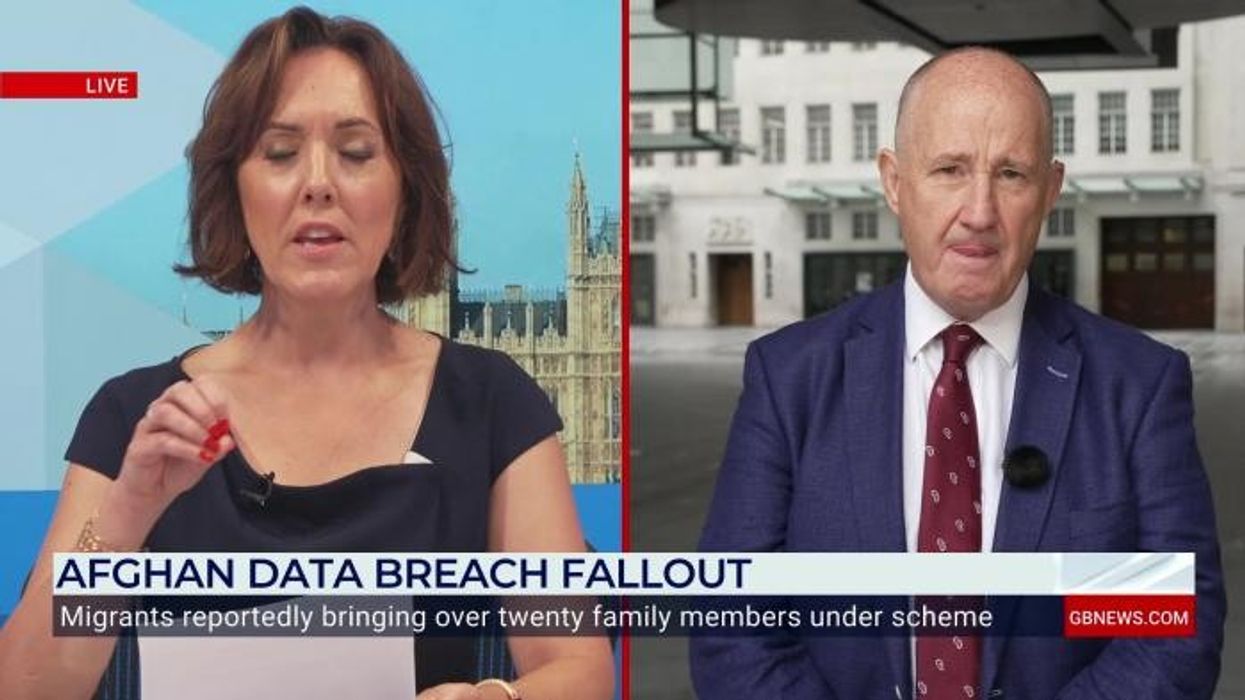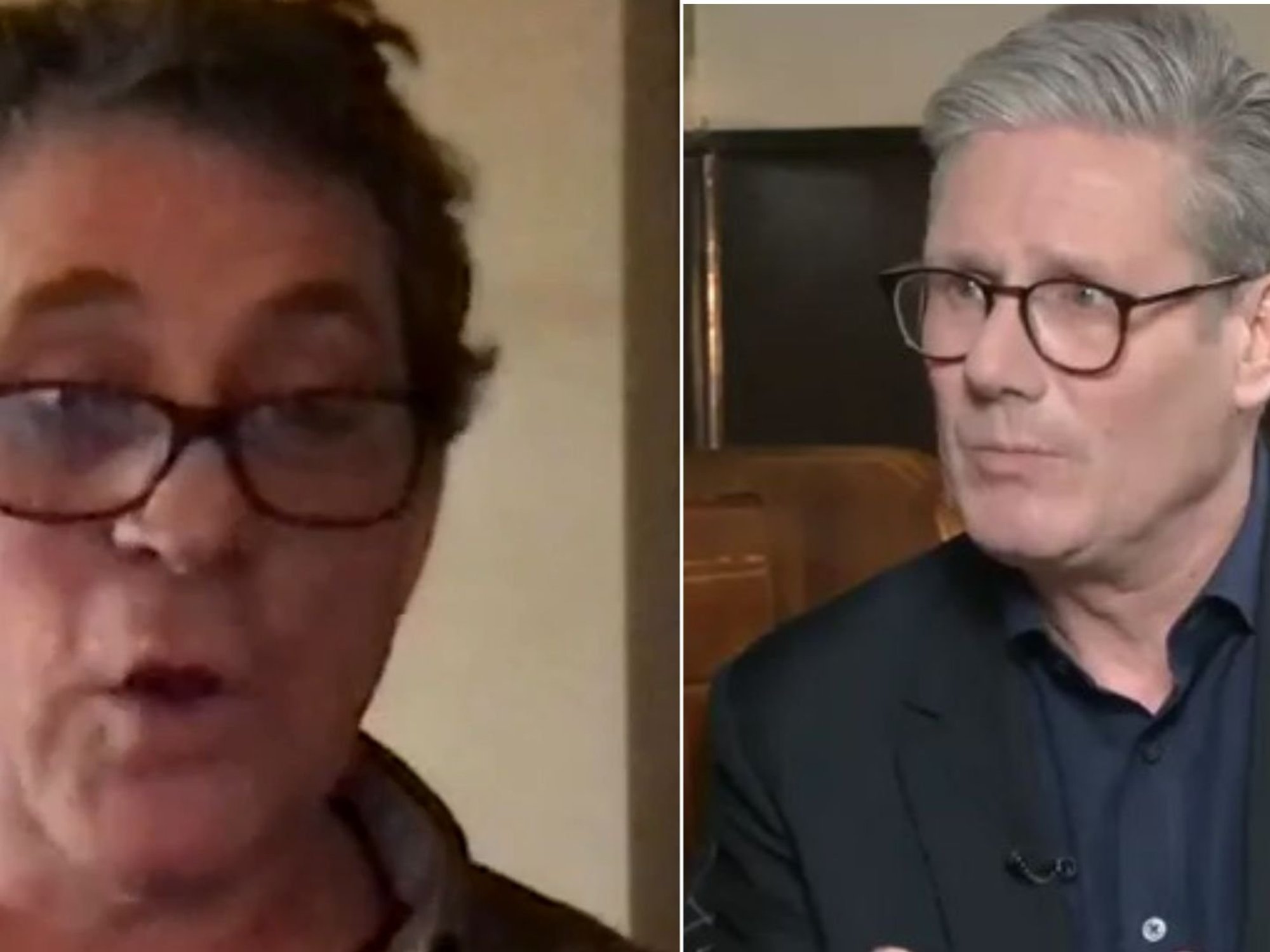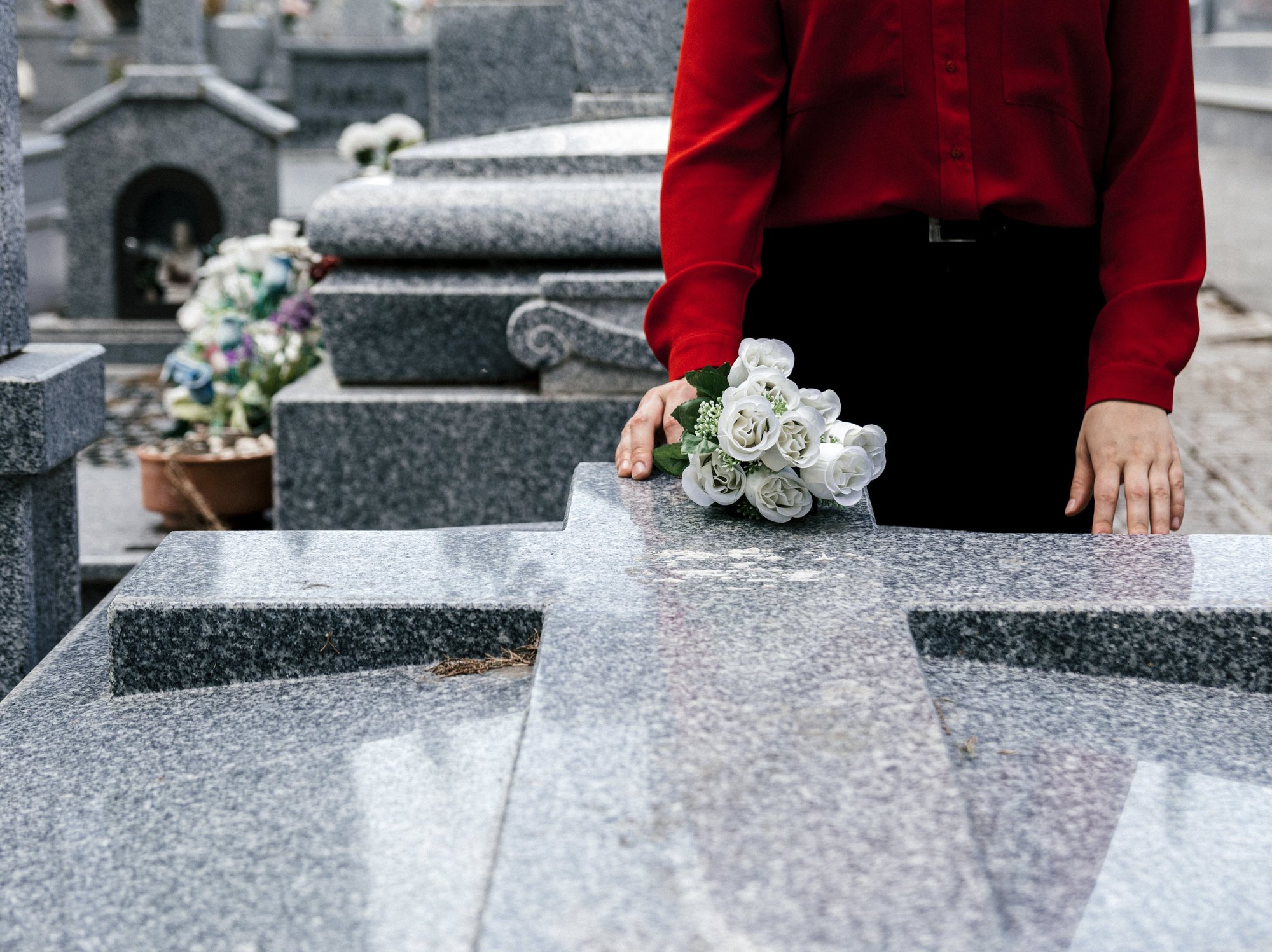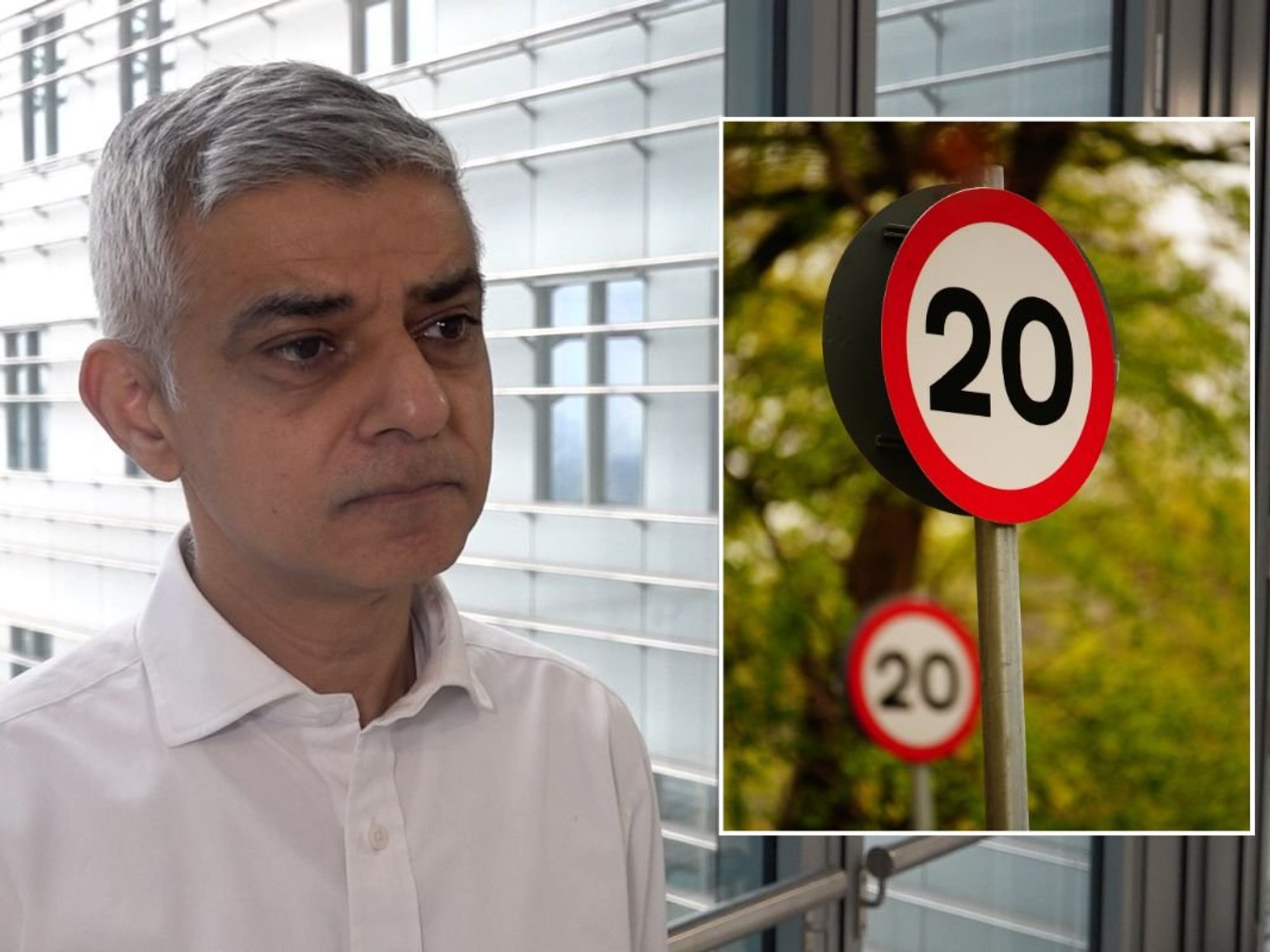Labour risks handing Reform more than 100 seats over Islamophobia definition, poll reveals

Critics of the law fear that creating a definition will make it impossible to address concerns about grooming gangs
Don't Miss
Most Read
Trending on GB News
Labour risks haemorrhaging approximately one million voters if ministers proceed with establishing an official Islamophobia definition, new polling has found.
Research conducted by J L Partners between July 16-18, which surveyed 2,035 British adults about their voting intentions, revealed Labour's support would plummet from 23 per cent to 20 per cent should the Government implement the controversial measure.
Deputy Prime Minister Angela Rayner has assembled a panel tasked with creating a definition for use throughout the public sector.
However, the initiative has triggered widespread concern that such legislation might inhibit legitimate political discourse, particularly regarding sensitive topics like Asian grooming gangs.
Without the Islamophobia definition, Reform would secure a modest 20-seat majority based on current polling figures.
However, implementing the policy would see Reform's support rise marginally to 30 per cent whilst simultaneously eroding Labour's base. This shift would translate into a dramatic 106-seat majority for Reform UK.
Labour's parliamentary representation would shrink from 155 seats to just 103 under this scenario.
The Conservatives would remain at 17 per cent support, with the Liberal Democrats holding steady at 14 per cent.
LATEST DEVELOPMENTS: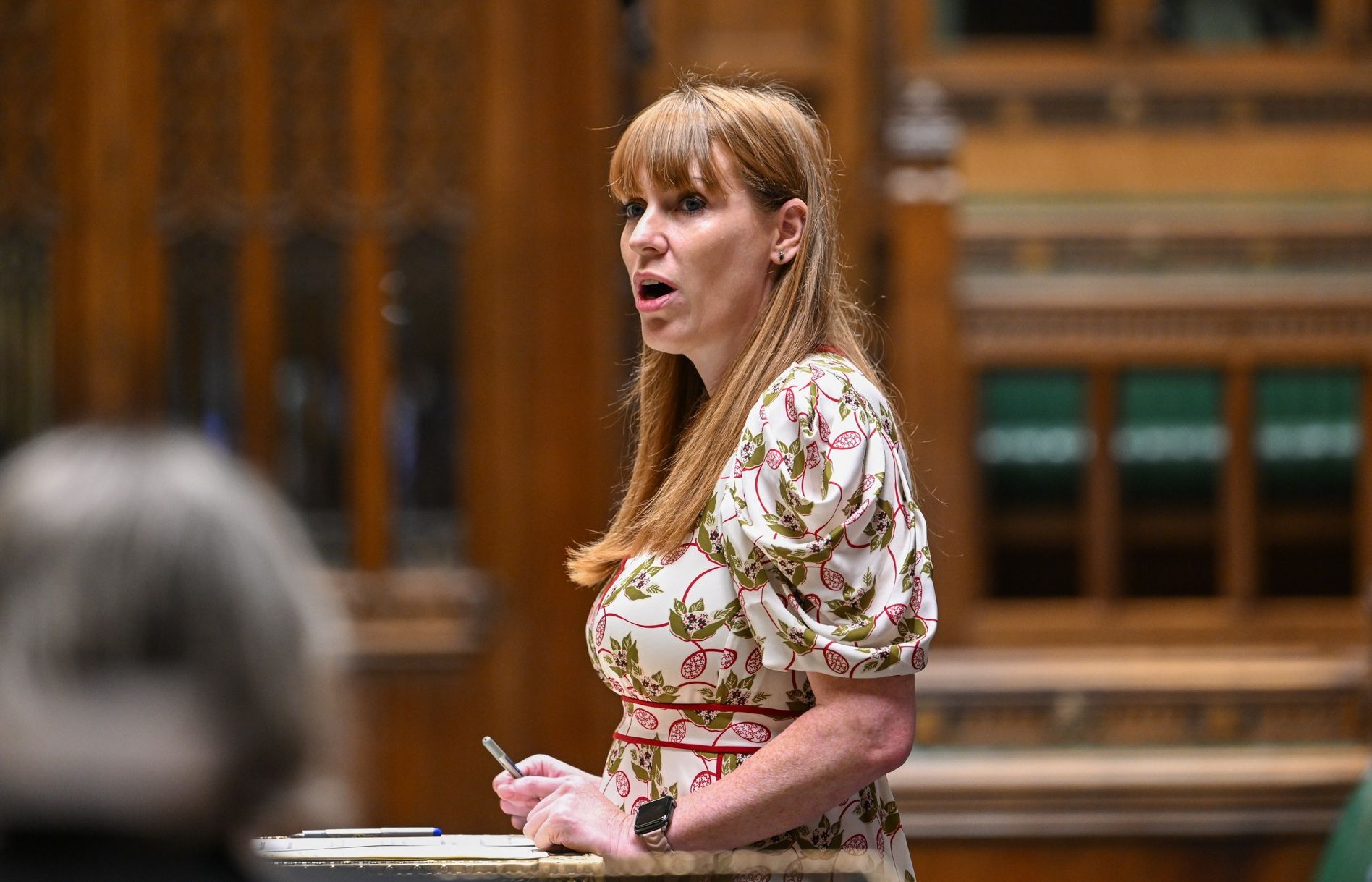
Implementing a definition would translate into a 106-seat majority for Reform UK
|FLICKR/HOUSE OF COMMONS
James Johnson, founder of J L Partners, warned: "This polling shows that if Labour introduces a new definition of Islamophobia, it would be like setting off a tinderbox under what remains of their working-class vote."
Critics of the law fear the definition could make it impossible to address concerns about Asian grooming gangs without facing accusations of discrimination.
Shadow Equalities Minister Claire Coutinho has argued that a "culture of secrecy around matters relating to race and religion" enabled "gangs of men to groom, rape, and torture young girls with impunity".
Her comments echo findings from Baroness Casey's recent report, which concluded that authorities' fear of appearing racist contributed to hundreds of girls suffering severe sexual abuse.
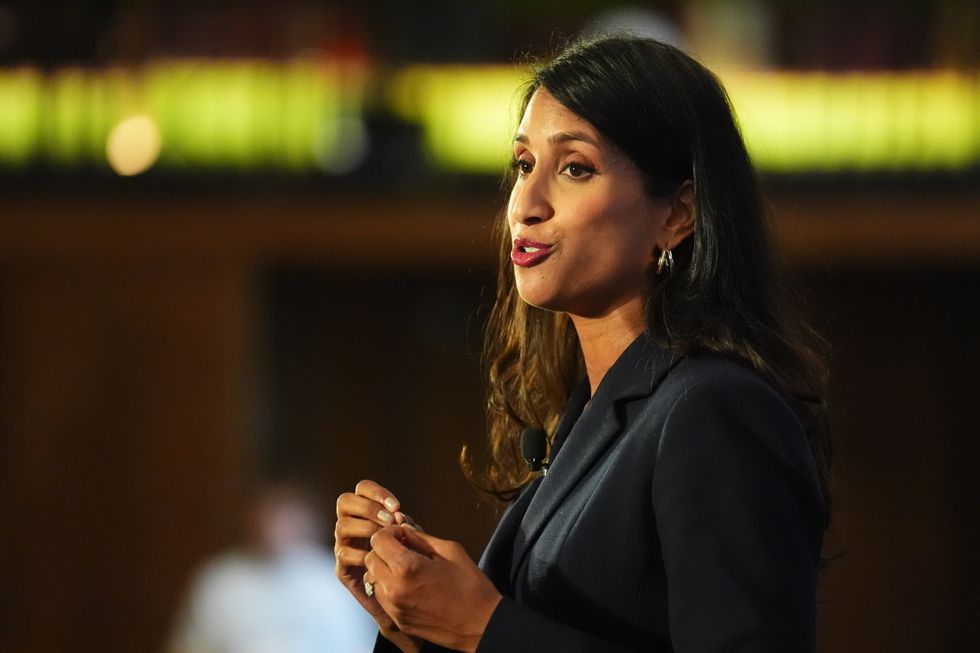
Shadow Equalities Minister Claire Coutinho has argued a 'culture of secrecy around matters relating to race and religion' enabled 'gangs of men to groom, rape, and torture young girls with impunity'
Government ministers maintain that any definition would be crafted to protect freedom of expression.
The working group responsible for drafting the definition operates behind closed doors, with no mechanism for public consultation.
Former Conservative cabinet minister Dominic Grieve chairs the committee, which has attracted criticism for its composition and approach.
The Conservatives have condemned Rayner for selecting panel members with what they describe as "extreme" perspectives.
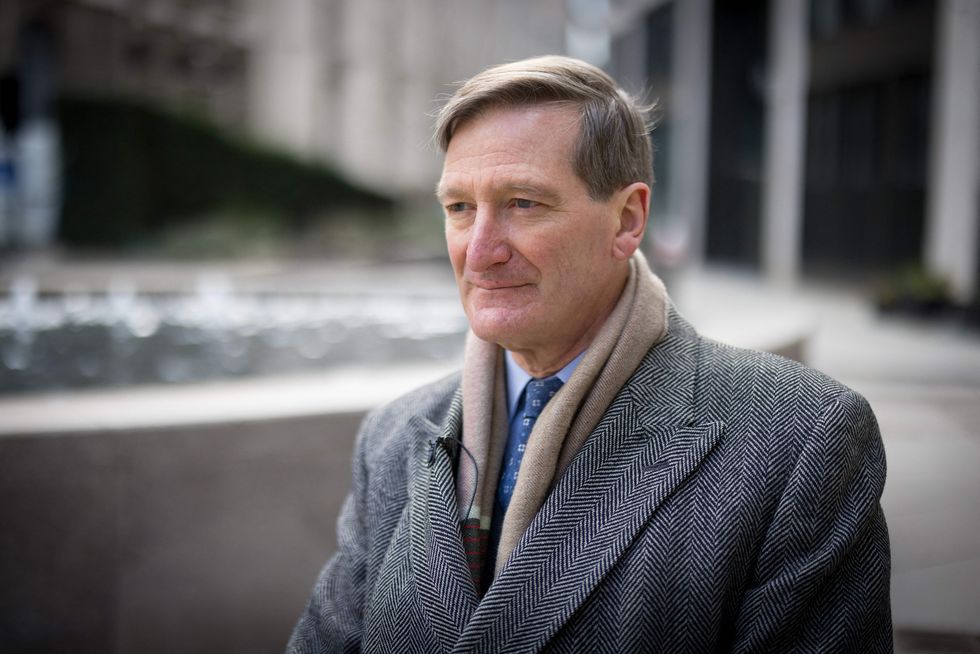
Dominic Grieve chairs the committee
|GETTY
Grieve himself has previously endorsed a 2019 report that characterised discussions about "grooming gangs" as an instance of "anti-Muslim racism".
Johnson noted that "with Reform nipping at Labour's heels in hundreds of seats, that is not something they can afford".
In addition, the polling also found that only 37 per cent of respondents believe Britain requires an official definition on Islamophobia, whilst 45 per cent consider it unnecessary.
When asked to prioritise the issue against other Government challenges, 54 per cent of all voters deemed Islamophobia relatively unimportant.
Among Labour supporters, 45 per cent shared this view, with just 30 per cent considering it a priority.
An additional 37 per cent believe existing protections against hate speech have gone too far, compared to 28 per cent who want stronger measures.
Specifically regarding Islamophobia protections, 30 per cent think current provisions are excessive, whilst 28 per cent advocate for expansion.
More From GB News


